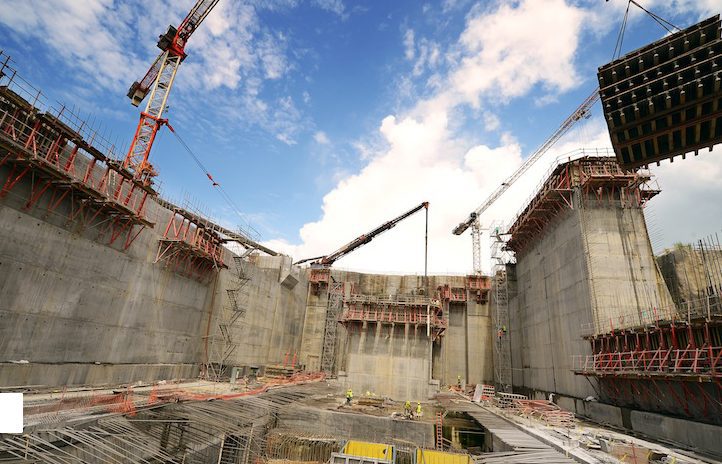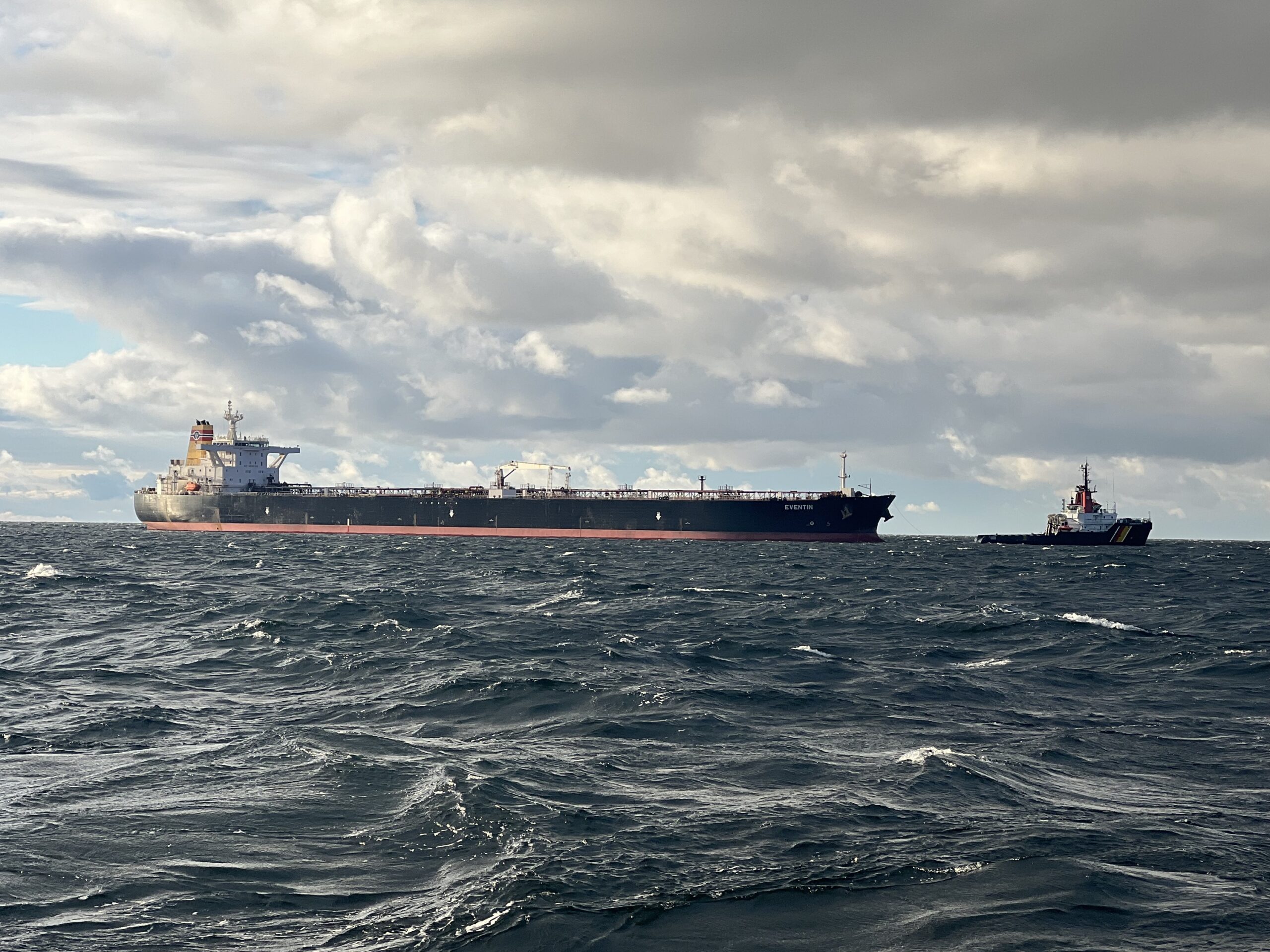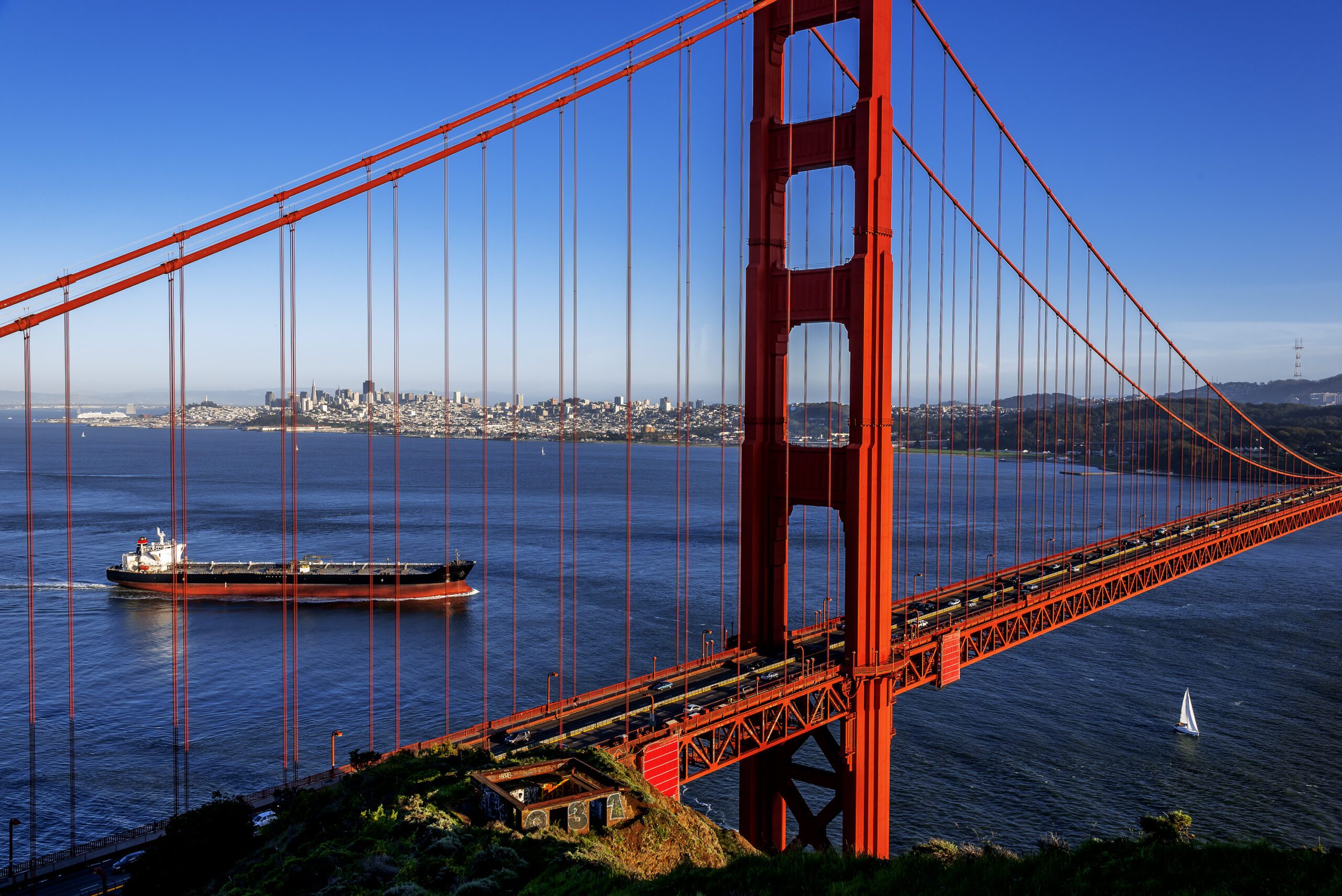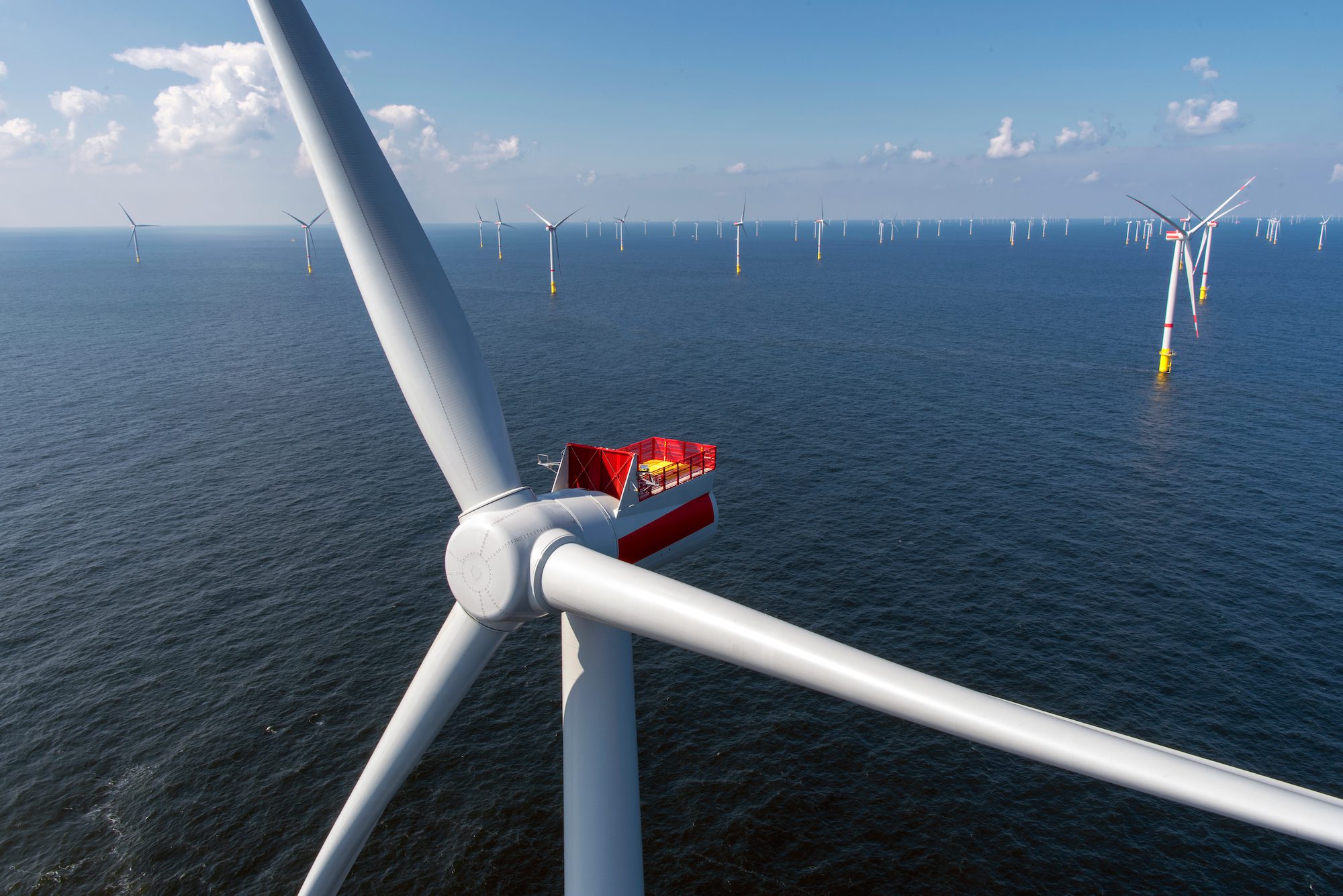Image courtesy Panama Canal Authority
 By Elida Moreno and Elisabeth O’Leary
By Elida Moreno and Elisabeth O’Leary
PANAMA CITY/MADRID, Jan 2 (Reuters) – The president of Panama said on Thursday he would go to Spain and Italy to put pressure on companies to honor contracts to expand his country’s canal after the building consortium handling the project threatened to suspend work because of a row over costs.
The members of the consortium — Spain’s Sacyr, Italy’s Salini Impregilo, Belgium’s Jan De Nul and Panama’s Constructora Urbana — said jointly on Wednesday that $1.6 billion in cost overruns on the $3.2 billion extension should be met by Panama.
The consortium, known as Grupo Unidos por el Canal, said the Panama Canal Authority (PCA) had 21 days to respond to its demands during which work would continue, but the project would be suspended if that requirement was not met.
SEE ALSO: Builder Gives Panama Canal Expansion 21-Day Ultimatum
Just a few hours later, the PCA rejected the demand, hinting it could find others to complete the canal expansion. Shares in Sacyr, which heads the consortium, slumped 9 percent on Thursday.
Panamanian President Ricardo Martinelli accused the companies of “great irresponsibility” and said they had endangered the massive construction project, which has been a major driver of the Central American nation’s economy.
Martinelli, who took power in 2009, said he expected Italy and Spain to uphold commitments to back the project which the countries’ leaders made to him during his first year in office.
“So I’m going to go to Spain and Italy to demand this from them, because a company should not be able to put such a high amount of overrun costs on a project that belongs to humanity,” he told reporters in Panama City.
The Spanish and Italian governments have a “moral responsibility” to help resolve the dispute because their companies were engaged in the construction, Martinelli said.
The PCA says the expansion project is just over 70 percent completed. It aims to broaden and deepen existing channels in the canal so that more and bigger vessels can sail through.
The consortium said the overruns were due to unforeseen events during construction, which it said was “normal” in such projects. It also said the PCA had failed in its obligations and given the consortium “inexact” information for the project.
But the PCA said that if the consortium was not capable of honoring its agreements, it would initiate “mechanisms from the contract that would allow the work to be completed.”
It did not explain what those would be.
SPANISH IMAGE
Sacyr won the bid on the canal contract in 2009 with a $3.12 billion offer which was considerably lower than that of rivals, as well as below the $3.84 billion reference set by the PCA.
Political columnist Pepe Oneto, writing in opinion blog republica.com, said the news was terrible for Spain’s attempt to rebuild its image abroad following a severe economic crisis with the collapse of the country’s building and property sector.
“The Spanish government … knew that it was impossible for the budget to be met. Sacyr bid low, convinced that, in the end, the cost overruns it is demanding now would be met,” he said.
A spokesman for Sacyr said that part of the cost overrun was because some building materials as originally budgeted were not adequate for the final work.
Sacyr’s debts at the end of September were three times its market capitalization.
Newspaper El Pais reported in 2009 that Panama’s foreign minister, Juan Carlos Varela, had predicted the project would fail because the builders were in financial trouble.
Analysts at the brokerage of Banco Sabadell said the news was not good for Sacyr or its image, but played down the impact on the builder’s results.
Sacyr made 55 percent of its revenue outside Spain in the first nine months of 2013, and Panama contributed 25 percent of its 1.3 billion euros in international sales, the company said in its 2013 nine month earnings.
© 2014 Thomson Reuters. All rights reserved.
Tags:

 Join The Club
Join The Club











